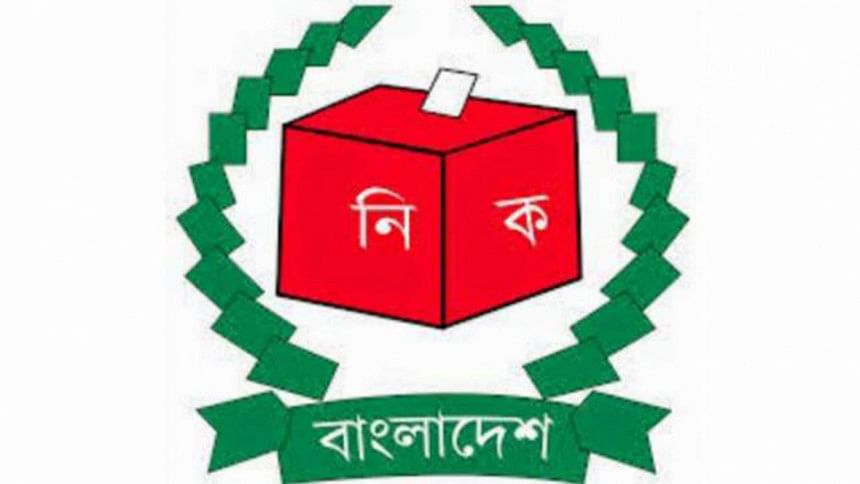EC goes for new smart NID scheme

The Election Commission has decided to take up a state-funded project to distribute smart NID cards among voters following a failed attempt to get the work done through joint finance with the World Bank.
The proposed Tk 1,600-crore project would run from January 1 next year to 2022, said EC officials.
The move comes after the commission scrapped a deal with a French company -- Oberthur Technologies (OT) -- for its failure to complete the production and supply of all cards on time, added the officials.
After extending the deadline twice, the EC has been able to distribute only 2.86 percent of the total smart NID cards. Under the around Tk 800 crore project, some 90 million voters were supposed to receive the cards by June.
The commission has already spent a third of the project money.
The EC started the distribution in October last year, long after OT won the tender bid in January 2015 for production, personalisation, and supply of the 90 million cards up to upazila level.
Now, the commission has decided to do the job on its own under a new work plan as the World Bank is unlikely to fund the new project after unsuccessful ending of the previous project, said EC officials.
The EC worked out the plan to provide the smart cards to voters under the Identification System for Enhancing Access to Services (IDEA) project in 2011.
The EC acting secretary Helaluddin Ahmed told The Daily Star, "The IDEA will not be renewed. The EC will personalise [add voters' data on] the smart cards on its own at state-owned Bangladesh Machine Tools Factory Ltd and distribute them."
On January 14 2015, OT got the contract for production and distribution of the cards with 25 security features within 18 months. The company failed to meet the deadline and then it was extended up to June 30 this year. OT could not complete the task within that deadline as well.
“The French company has violated the contract. We cannot suffer for their failure,” Brig Gen Mohammed Saidul Islam, project director of IDEA, told The Daily Star.
He also said, “We have blank cards in our hands, we have machines, we have software, we have a strong IT team, and we have already trained 44 people of the project. So, we will do the rest on our own.”
Saidul avoided a question on taking actions against OT but, a top EC official, seeking anonymity, said the commission has already appointed a legal adviser to take legal steps against the company.
Within the June 2017 deadline, OT could produce 77.30 million blank cards and only 12.41 million cards were personalised. It supplied 10.98 million cards to Thana and upazila election offices.
Then, the EC decided not to renew the agreement with OT and complete the rest of the task by itself, said EC officials.
Although the target was set at distributing 90 million cards, new voters have been included in the voter list and the number now would be 101.68 million, according to EC's latest estimates. The commission has to deliver 11.68 million more NID smart cards within June next year.
The IDEA project director said, “We will do it without depending on others. We will make all out efforts to deliver the cards within the timeframe. The French company worked in one shift, but we will work round the clock, if necessary, to deliver the cards within the deadline.”
Another EC official seeking anonymity told The Daily Star that the OT repeatedly pushed the commission to give them the access to the national server, data centre and life cycle of all software.
“That would have been a major threat to national security and we did not allow them to do that. This might be another reason for the delay in the work,” said the official.
The Daily Star, however, couldn't independently verify the claim. It also could not reach any OT official for comments. Emails were sent to the company, but no reply came.

 For all latest news, follow The Daily Star's Google News channel.
For all latest news, follow The Daily Star's Google News channel. 








Comments